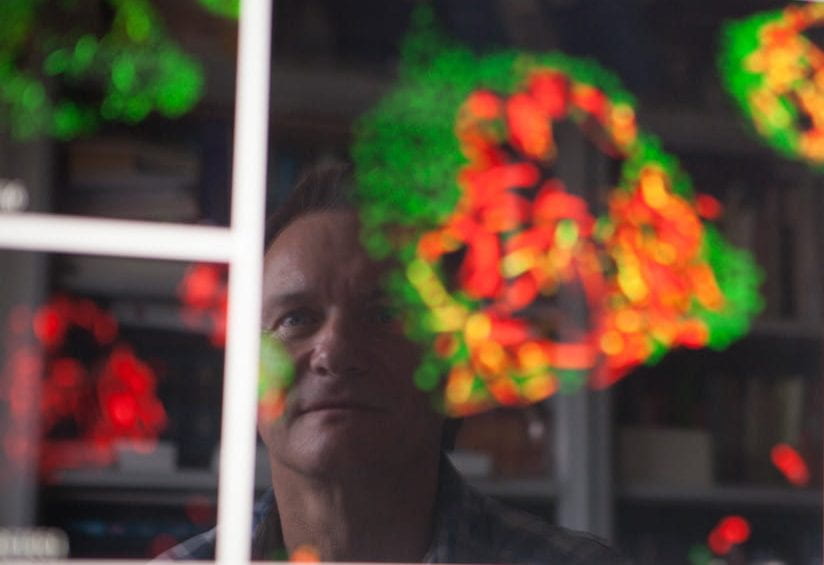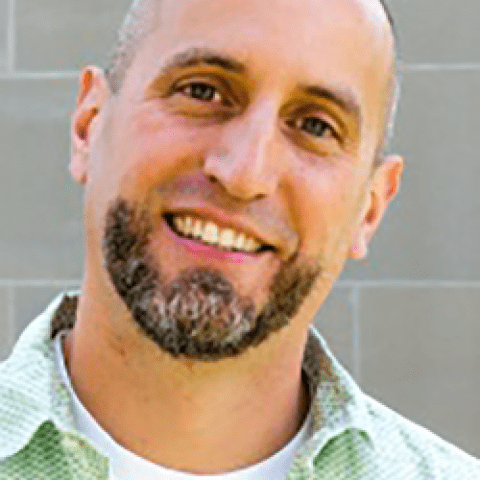
The Cornell Center for Antimicrobial Resistance Research and Education unites epidemiologists, basic and clinical microbiologists, chemical biologists, immunologists, sociologists, economists, and communication experts across campuses to enable the development of transformative, multidisciplinary solutions to the problem of antimicrobial resistance.
Antimicrobial resistance æn.t̬i.maɪˈkroʊ.bi.əl/ rɪˈzɪs.təns (AMR) : the ability of microorganisms to persist or grow in the presence of drugs designed to inhibit or kill them.
These drugs, called antimicrobials, are used to treat infectious diseases caused by microorganisms such as bacteria, fungi, viruses, and protozoan parasites.
When microorganisms become resistant to antimicrobials, standard treatments are often ineffective, and in some cases, no drugs provide effective therapy. Consequently, treatments fail. This increases illness and mortality in humans, animals, and plants. For agriculture, this causes production losses, damages livelihoods, and jeopardizes food security. Moreover, AMR can spread among different hosts and the environment, and antimicrobial resistant microorganisms can contaminate the food chain.
Every time we use antimicrobials in people, animals, and plants, germs have a chance to acquire the ability to tolerate the treatments by becoming resistant, making the drugs less effective over time.





